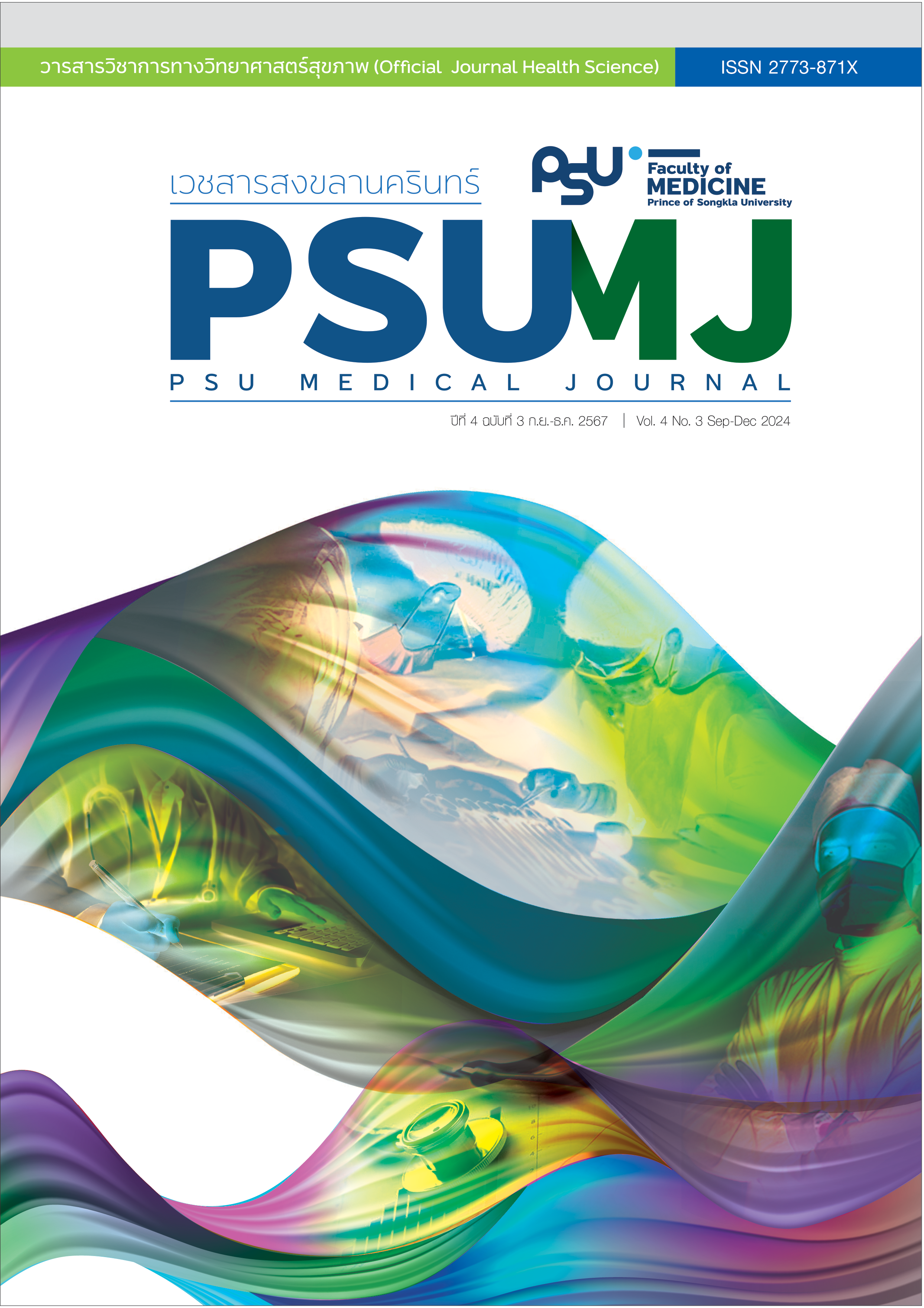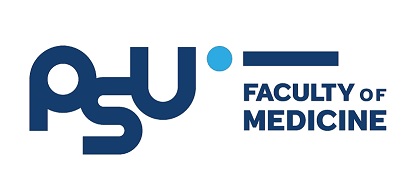Comparative Effectiveness of Blended Teaching Models with Micro-Teaching Assistants in Clinical Pharmacokinetics Education
DOI:
https://doi.org/10.31584/psumj.2024264386Keywords:
blended teaching, clinical pharmacokinetics, educational effectiveness, micro-teaching assistants, student outcomesAbstract
Objective: This study aimed to evaluate the effectiveness of micro-teaching assistants within a hybrid online-offline teaching framework in the context of clinical pharmacokinetics education.
Material and Methods: A total of 320 clinical pharmacy students participated, with 143 students from earlier cohorts forming the control group and 177 students from the 2019 and 2020 batches comprising of the observation group. Traditional teaching methodologies instructed the control group, while the observation group benefited from a novel, blended teaching approach incorporating micro-teaching assistants. The evaluation criteria encompassed theoretical knowledge acquisition, practical skill development, pass rates, and score distribution.
Results: This investigation into clinical pharmacokinetics education demonstrates the superiority of a blended teaching model, enhanced by micro-teaching assistants, over traditional methodologies. The observation group, utilizing this approach, displayed a significant 15% increase in theoretical knowledge scores, maintained high practical skill levels, alongside achieving a 94.9% pass rate, markedly surpassing the control group’s 91.6%. Feedback from students corroborated the model’s effectiveness, with satisfaction scores exceeding 4.8 out of 5; despite potential respondent bias. Notably, the application of micro-teaching assistants was most pronounced in Pharmacology, highlighting its value in teaching complex theoretical content, and advocating for expanded use in medical education.
Conclusion: This study concludes that the integration of micro-teaching assistants into blended teaching strategies for clinical pharmacokinetics significantly improves educational outcomes. This approach not only facilitates a more effective learning environment but also underscores the potential of innovative pedagogical tools in enhancing student performance, and comprehension in complex subjects.
References
Zhihu T, Diqing H, Yuan T, Wei X. The reconstruction of large class interactive teaching in universities with micro-teaching assistants. Mod Educ Technol 2018;28:107-13.
Yi L, Huirong Z. A survey on online teaching in higher education. Chongqing High Educ Res 2020;8:66-78.
Wenxin C, Weijun C. Research on the practice of hybrid teaching model based on «Micro-Teaching Assistants». J Minzu Univ China (Nat Sci Ed) 2022;31:90-6.
Yujuan L. Application and feedback of «Micro-Teaching Assistants» in college english classes. Cult Educ Mater 2019;219-20.
Shuqian X, Manling W, Jinping C, Shuhong W. Practicing OBE concept in the new engineering education for chemical engineering majors. Chem Eng High Educ 2018;35:9-12.
Lulu Z. Application of flipped classroom in pharmacokinetics teaching in medical schools. Pharm Educ 2019;35:27-9.
Wei H, Xiao Z, Hua H, Haochen L, Li L, Haiping H. Application of JoVE science education video database in teaching reform of pharmacokinetics experiment. Pharm Educ 2022;38:77-9.
Lin G, Jia H, Dongmei L. Teaching experience of clinical pharmacokinetics in its specific sections. Basic Med Educ 2020;22:477-9.
Yunli Y. Thoughts on teaching reform in pharmacokinetics addressing hospital pharmacy needs under the new medical reform. Shandong Chem 2019;48:220-1.
Xin C, Yunshu M, Jin K, Anguo H. Exploration of PBL and LBL teaching methods based on biopharmaceutics and pharmacokinetics experiments. West Chin Med 2019;32:35-7.
Suyun X. The practice and discussion of case-based teaching method in biopharmaceutics and pharmacokinetics classes. Guangdong Chem 2019;46:152-7.
Downloads
Published
How to Cite
Issue
Section
License
Copyright (c) 2024 Author and Journal

This work is licensed under a Creative Commons Attribution-NonCommercial-NoDerivatives 4.0 International License.








